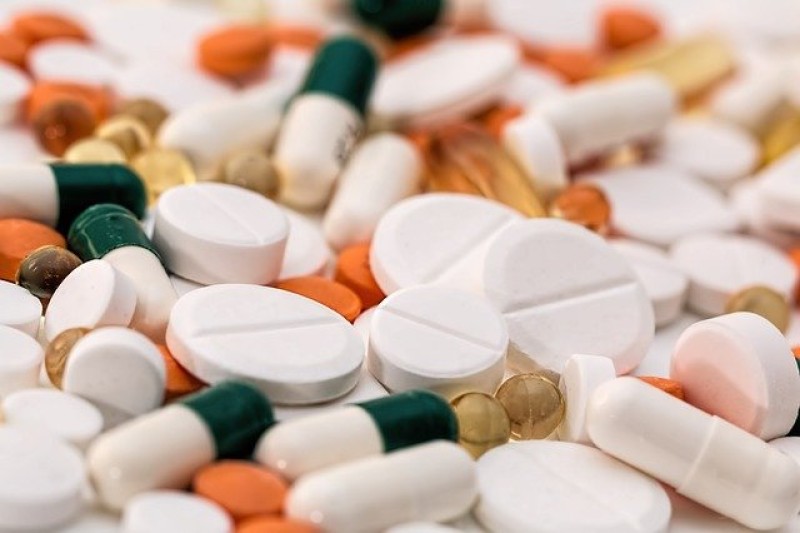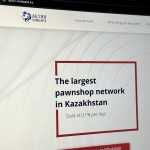An extraordinarily lucrative industry, on both sides of the law, pharmaceuticals has taken West Africa’s criminal underworld by storm. Illicit medical product sales are now estimated to have eclipsed US$1 billion, more than the value of the region’s crude oil and cocaine trafficking markets combined.
The problem is not isolated within Africa alone; the World Health Organization has estimated that 10% of all medical products sold in low and middle income countries either do not meet medical standards or are falsified entirely.
Nearly half of the reported counterfeits, however, were traced back to Africa, where a lack of proper infrastructure, production facilities, and transportation access has resulted in criminal enterprises seizing more than 40% of the market.
“Substandard and falsified medicines particularly affect the most vulnerable communities,” said WHO Director-General Dr. Tedros Adhanom Ghebreyesus. “Imagine a mother who gives up food or other basic needs to pay for her child’s treatment, unaware that the medicines are substandard or falsified, and then that treatment causes her child to die.”
GI-TOC’s report estimated that 90% of African countries do not possess the necessary resources to regulate their respective pharmaceutical industries. This further opens the door for organized crime to step in to fill market demand, as well as corrupt local government and regulatory officials mandated to work with legitimate medical distributors and retailers.
Such a combination can ultimately result in the poisoning of West Africa’s pharmaceutical industry, both figuratively and literally. Without proper oversight and enforcement, medicine can enter the market that was improperly manufactured and unsafe for human use, a Transparency International report found.
This can include cancer treatments, antibiotics and antiretrovirals for HIV/AIDS, and malaria medications. Despite the region boasting some of the highest rates of malaria on the continent, almost half of the market’s antimalarial drugs—worth roughly $438 million—were either counterfeit and/or illicitly sourced, GI-TOC said.
Perhaps one explanation for the illicit pharmaceutical trade’s explosion in West Africa is its cost-of-risk ratio when compared to the trafficking of other controlled substances, such as heroin.
In Guinea, for instance, although the trafficking of medical products is punishable with time in prison, its sentences range from only five to 10 years, compared to 10 to 20 for controlled drugs, GI-TOC found.
Burkina Faso, meanwhile, has no law that criminalizes the trafficking of illicit medical products. Punishments are instead measured by health code violations such as illegal conduct by pharmacists and counterfeiting medical goods — crimes that will only net a maximum of two years in prison.
Put together, these factors paint a clearer picture behind organized crime’s seizure of Guinea and Burkina Faso’s pharmaceutical industries.
A final consideration put forth by GI-TOC is the inadequate number of legitimate pharmacists per capita in the West Africa region. Both Burkina Faso and Guinea, for example, have an average of 0.15 pharmacies in place for every 10,000 inhabitants, far below the global average of four.
This ultimately drives the population to seek out black markets that cannot guarantee the veracity, nor the safety, of the drugs they are peddling.



